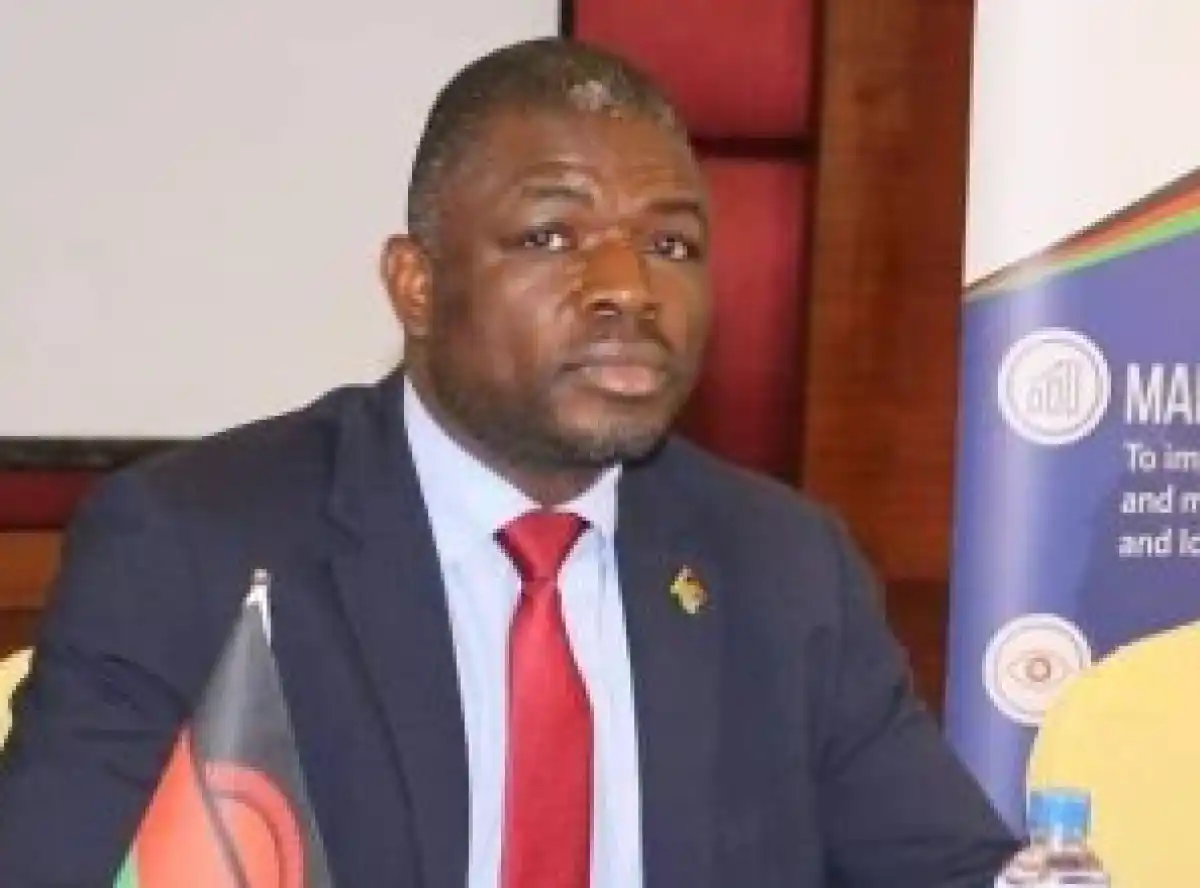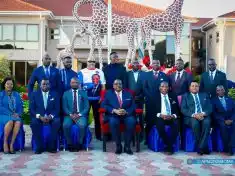
The National Registration Bureau (NRB) has come under scrutiny since Parliament exalted the national identity card as the only proof of identification for voter registration. The bureau has been accused of registering people below the voting age of 18. What is the truth of the matter? Our Features Editor JAMES CHAVULA takes the big questions to NRB Principal Secretary Mphatso Sambo. Excerpts:

What does NRB mandate entail?
The National Registration Act of 2010 mandates us to implement, coordinate, manage and maintain the national registration and identification system. NRB is the only government department in Malawi mandated to register all births, deaths, marriages and citizens of 16 years and above to get identification documents.
How is the NRB doing to meet its mandate?
We are one of the best-performing registration authorities globally and probably the best in Africa. We have registered over 12 million eligible citizens aged above 16 and issued them with the national IDs. Those below 16 get birth registration certificates with a unique identification number. We have registered over three million of them. For the deaths, we have registered less than 200 000.
We are doing a great job. We are registering births in all health facilities and most communities. We are also running community outreach and mop-up campaigns to ensure no one is left behind. The Sustainable Development Goal 16 target nine requires us to ensure everyone has legal identity by 2030. We are almost there and we are being recognised as the first African country to achieve this target.
Since everyone counts, what are you doing to ensure eligible citizens are not denied vital services and the right to vote?
We don’t have any mandate to do with elections or other social services, but the National Registration Act is at the pivot of good governance and social service provision. For the country to identify someone, that person needs to be registered and get a unique identification number to avoid double registration.
Since the country’s social-economic progress hinges on its national registration nd identity system, we are doing a lot to ensure this service reaches every Malawian. Since Parliament passed the law that established NRB, we are present in all the district councils and the district commissioners [DC] are the district registrars for national registration, but NRB provides the DC with technical support. We are also present in most post offices, all city councils and some municipality councils. We are also opening offices in all traditional authorities to put the services closer to Malawians in rural areas and parliamentary constituencies. We don’t want our services to be only available in towns.
How did you feel when parliament amended electoral laws to make the national ID the only legal proof of identity when registering to vote?
We are an institution created and governed by law. We also support other institutions to deliver their mandate. We know the law mandates Malawi Electoral Commission (MEC) to recognise the national ID as the single source of truth. We appreciate that the National Registration Act is being respected. This should be promoted not only in elections. We want every sector to recognise the national ID as a single source of truth. Whether it is in the education, health and financial sectors or social cash transfers, they should be using the national ID because this is where everyone is registered.
As NRB, we are working hard to support the delivery of these mandates, especially the electoral process. This is why apart from our being present in every district, we are also conducting outreach registration to give every Malawian an opportunity to get registered. We don’t want to disenfranchise anyone because they were unable to register with NRB. We have done well. We targeted to register 11.5 million people, but have registered over 12 million and we will continue registering. The targets were based on the National Statistical Office’s projections based on the census which may not be exact. However, we do the exact work because we register people who physically come to us. After the outreach in the districts, we are going back in a mop-up campaign managed by the district registration taskforces in councils.
How are the allegation that NRB is registering minors or people below the voting age 18 affecting your work?
Every work comes with its own challenges and risks, but we have risk management strategies.
Talking about the age, NRB registers Malawians who have reached 16 years and gives them national IDs. However, electoral laws allow every citizen aged at least 18 to register and vote. So, this is where the discrepancy is. We are using the civic education strategies to let people know that NRB has legal mandate to register Malawians aged 16 and above. The people we register can also get registered for elections, driving licences, passports and higher education. The 16 to 18 year old citizens we are registering require the national ID to enroll into university and access education loans.
The misconception that the ID is solely for voter registration is not only complicating our work, but everyone’s work. All stakeholders have a huge task to help people understand the truth about registration. People should know the standards and steps we follow to register someone. If they suspect any criminal issue, they should know where to report it.
The complication is fuelled by lack of information, but we are strengthening civic education to make people understand the process. We also work with all political parties through the Centre for Multiparty Democracy to help their followers understand our role and what we do. We engage political leaders at district and national levels to help enlighten people that the ID is for everyone. Someone who registers for an ID at the age of 16 will obviously not be allowed to register for voting because only those aged 18 and above are allowed to vote. We do not want to leave anyone behind.
What is your say on some political parties’ suggestions that we revert to the use of passports and driving licences for voter registration?
Where are we going as a country: Forward or backward? Let’s go forward. Let us use the national ID for identification as a single source of identification and truth for every Malawian. In the past, people were using passports and driving licenses for identification, but one person could use different names on these documents. As such, people could get social services using different names. This time, let’s use a single identity be it for voting. We have the necessary infrastructure, identification system and probably the ID card in Africa. We will continue to do our best to ensure every Malawian has got a card to be used for any other social service.








0 Comments